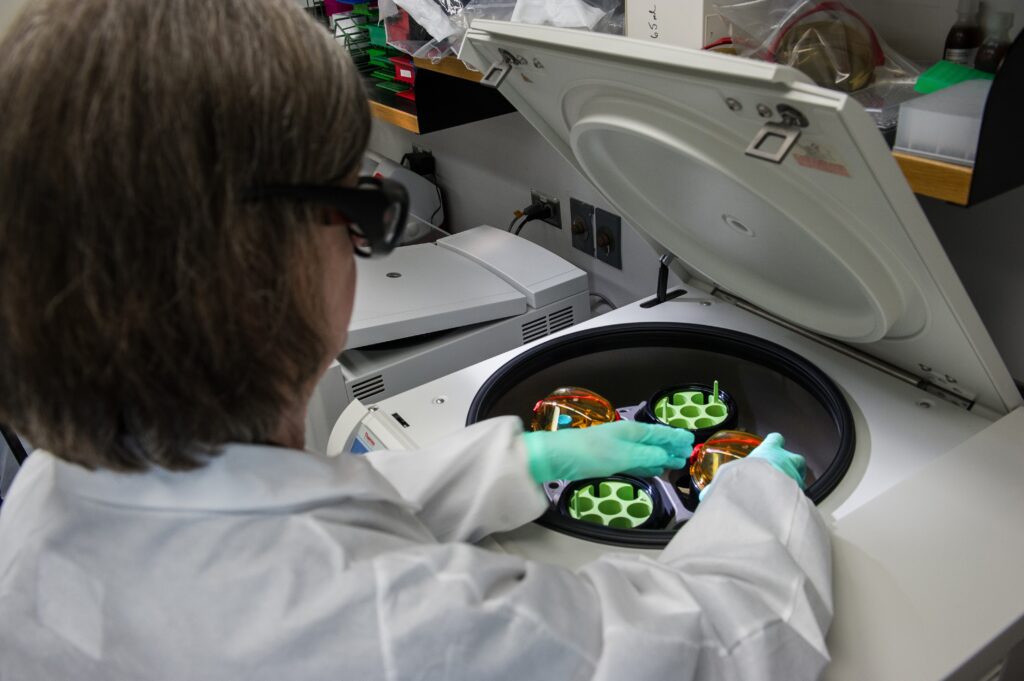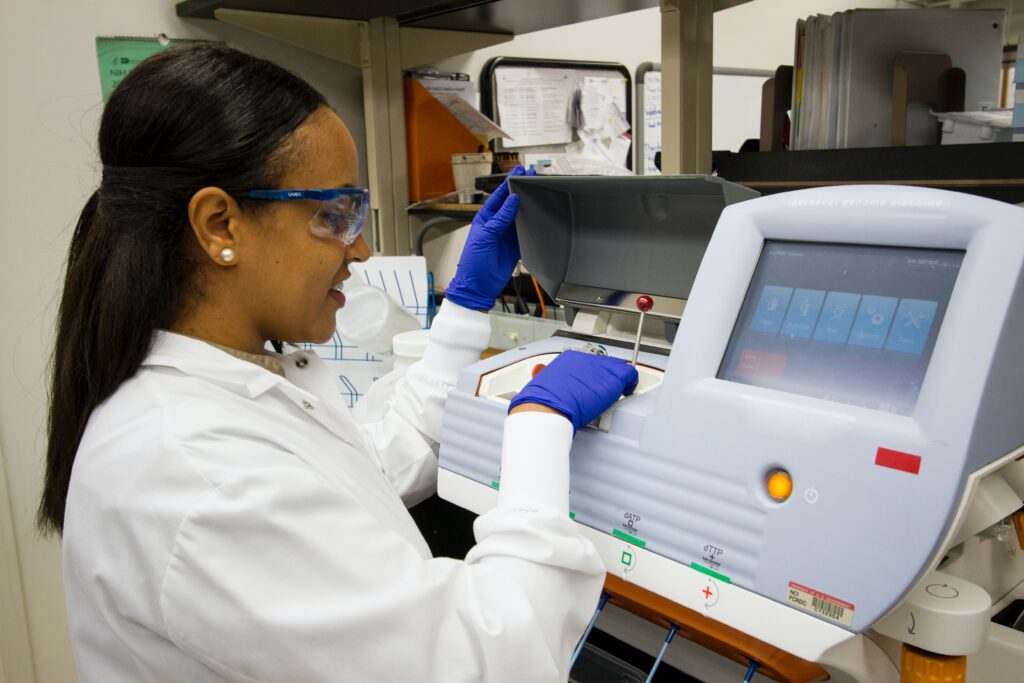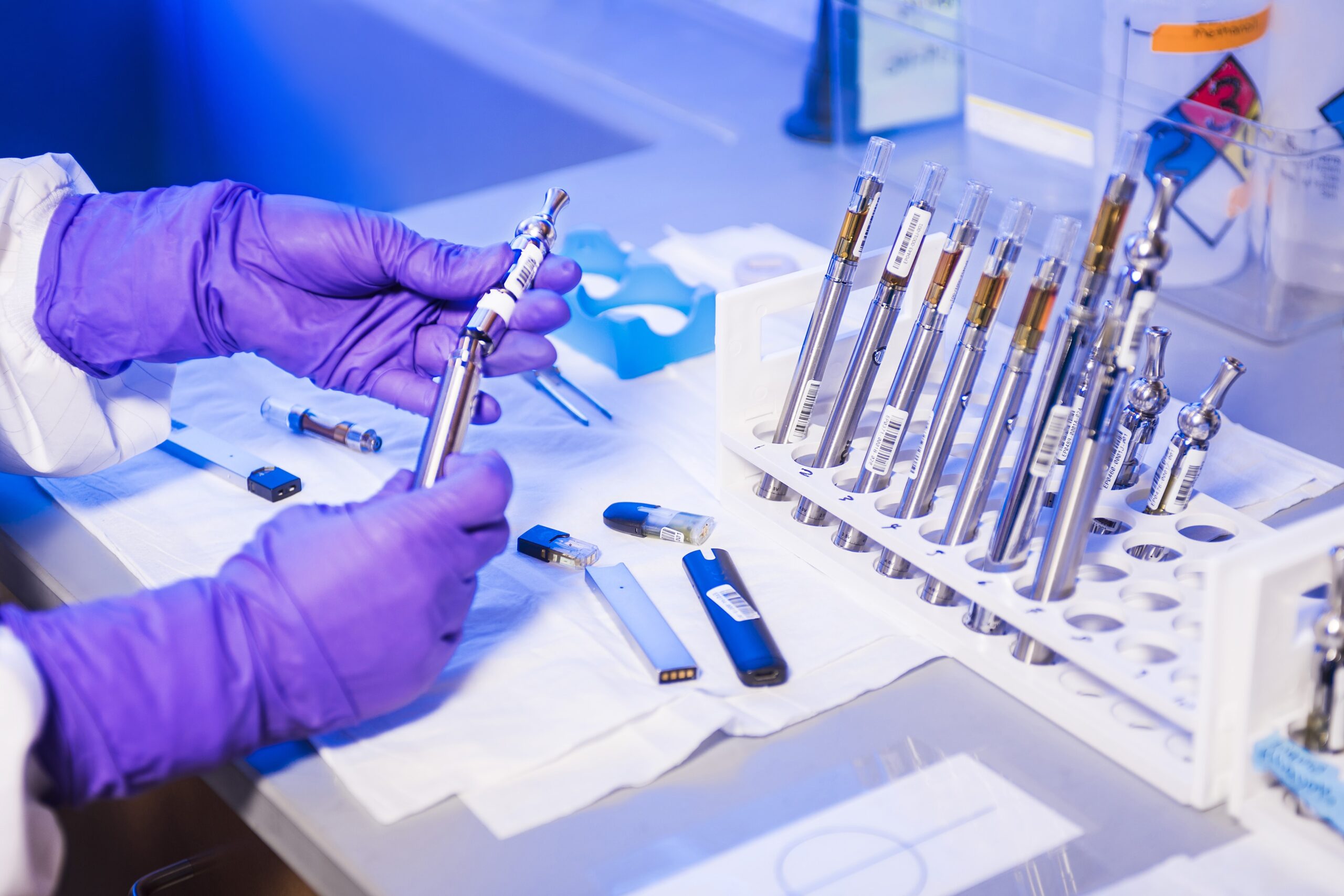Clinical trials and studies are integral to the development of new medical treatments, medications, and therapies. They provide the foundation for evidence-based medicine and are a crucial step in ensuring the safety and efficacy of healthcare interventions. Here’s a closer look at what clinical trials and studies entail.
What Are Clinical Trials and Studies?
Clinical trials and studies are research investigations designed to test the safety and effectiveness of new medical treatments, as well as to evaluate existing therapies for various conditions. They follow a structured and rigorous process to collect data and evidence, and they play a pivotal role in advancing medical knowledge.

Key Phases of Clinical Trials:
Phase 1: Clinical trials are the first step in testing a new intervention in a small group of healthy volunteers. The primary goal is to determine safety, dosage, and side effects.
Phase 2: In this phase, the intervention is tested in a larger group of patients with the specific condition or disease to evaluate its effectiveness and further assess safety.
Phase 3: Large-scale trials are conducted involving a more extensive patient population to confirm the intervention’s effectiveness, monitor side effects, and compare it to existing treatments.
Phase 4: Also known as post-marketing surveillance, these trials continue to gather information after the treatment is approved and available to the public. This phase helps identify long-term effects and rare side effects.
Clinical trials are research studies that test medical, surgical, or behavioral interventions in people. These trials are the primary way that researchers determine if a new form of treatment or prevention, such as a new drug, diet, or medical device (for example, a pacemaker), is safe and effective in people. Often, a clinical trial is designed to learn if a new treatment is more effective or has less harmful side effects than existing treatments.

Other aims of clinical research include:
Testing ways to diagnose a disease early, sometimes before there are symptoms
Finding approaches to prevent a health problem, including in people who are healthy but at increased risk of developing a disease
Improving quality of life for people living with a life-threatening disease or chronic health problem
Studying the role of caregivers or support groups
Other aims of clinical research include:
Testing ways to diagnose a disease early, sometimes before there are symptoms
Finding approaches to prevent a health problem, including in people who are healthy but at increased risk of developing a disease
Improving quality of life for people living with a life-threatening disease or chronic health problem
Studying the role of caregivers or support groups
The Clinical Trial Process:
– Patient Recruitment: Individuals meeting specific criteria are selected to participate in the trial. Informed consent is obtained, and their health is closely monitored throughout the study.
– Randomization: Patients are randomly assigned to receive either experimental treatment or a placebo (for control groups) to minimize bias.
– Blinding: Double-blind studies are designed to keep both the patients and the researchers unaware of who receives the real treatment and who gets the placebo.
– Data Collection: Rigorous data collection and analysis occur to assess the treatment’s effectiveness and safety.

The Importance of Clinical Trials:
Clinical trials have numerous benefits:
1. Advancing Medicine: They lead to the discovery of new therapies, medications, and treatments that improve patient outcomes and quality of life.
2. Safety and Efficacy: They ensure that treatments are safe and effective, as they undergo stringent testing before becoming widely available.
3. Evidence-Based Medicine: Clinical trials provide the evidence needed for medical professionals to make informed decisions about patient care.
4. Innovation: They drive medical innovation and the development of cutting-edge healthcare solutions.
Participating in Clinical Trials:
Patients who participate in clinical trials play a crucial role in advancing healthcare. It’s essential to consult with healthcare professionals and weigh the benefits and risks before enrolling in a trial. Many clinical trials are voluntary and offer a chance to access potentially life-saving treatments.
In summary, clinical trials and studies are the backbone of modern medicine, enabling the development of safe and effective treatments. They rely on a systematic approach to data collection, and the participation of patients and healthcare professionals is paramount to their success. Through these trials, medical science continues to push the boundaries of what is possible, bringing hope and healing to countless individuals. Learn more about Clinical Trials by visiting https://pier23labs..com




